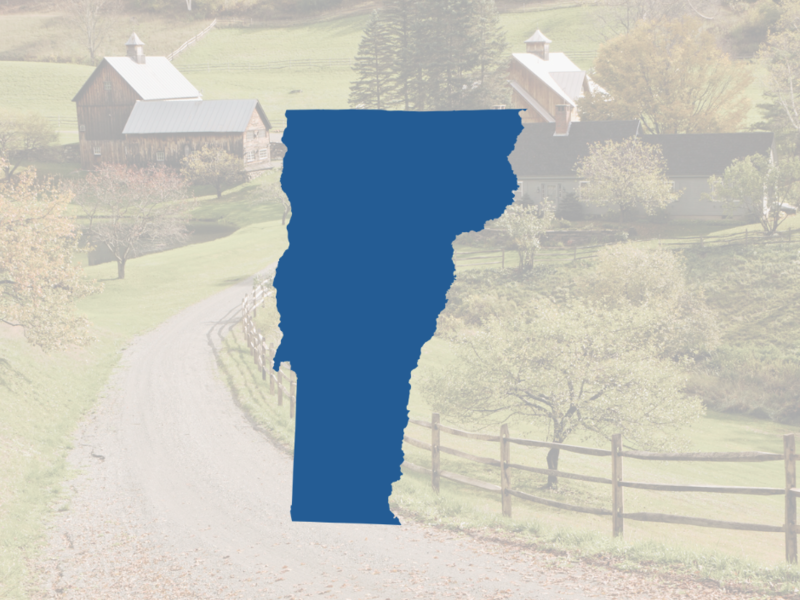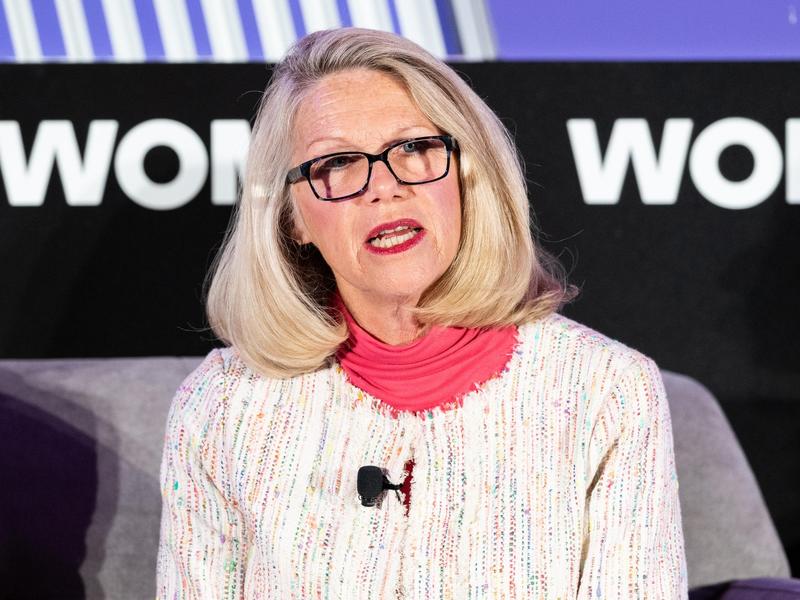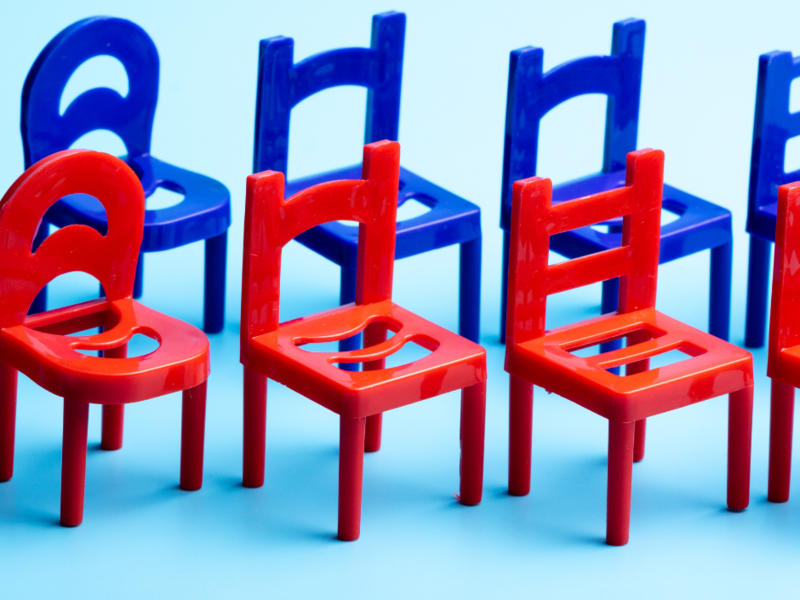
Quite often when a conventional wisdom takes hold, it is often an overly simplistic way of looking at things. But there is a value for people in and around politics to have a set of solid assumptions, then build a theory from it, then watch like a hawk for any events or developments that call that theory into question. As an old friend likes to ask me, “Charlie, if you are wrong, where are you wrong.” As long as you are being as intellectually honest, it is not a bad approach to take.
As my colleague Amy Walter said about the presidential election this week, “The conventional wisdom is that Biden can’t win the Democratic nomination and Warren can’t win a general election.” The thing is, she wasn’t certain of either of those things, and neither am I. Perhaps it might be more prudent to scale each element back a notch or two to say, for instance, “Biden’s biggest challenge is (or may be) to win the Democratic nomination; Warren’s greatest challenge is (or may be) winning a general election.” That’s not to say that Warren is a slam dunk for the nomination or that Biden would have an easy layup in a general election. But what is each one’s most formidable obstacle?
This column has discussed many times before the popular assumption that President Trump will get reelected, which is based in part on the fact that most elected incumbents win a second term—six out of the eight since World War II, to be exact. We’ve also noted, however, that Trump’s job approval ratings have pretty consistently run not only below those six presidents, but also for the most part below George H.W. Bush and Jimmy Carter, the incumbents who lost their reelection bids.
Because Trump’s numbers have largely trailed his predecessors’, it undermines the assumption that he will benefit from incumbency as much as they did—particularly since he never had a honeymoon period and his numbers have largely be impervious to news developments, either positive or negative. While most presidents have at this point in their presidency had a 20-25 point “trading range” (the gap between their highest and lowest approval ratings), Trump has had only a 7-11 point range, the widest being Fox News (10 points) and Gallup (11 points).
That inelasticity, regardless of events, means that we have had hundreds of stories, from historically low unemployment economic growth on the positive side to career-ending allegations on the negative side, and his numbers have hardly moved.
Speaking of the economy, its strong performance has also been cited as a predictor of Trump’s reelection. Several economic models have given Trump the edge, notably Mark Zandi’s analysis for Moody’s Analytics and one from Donald Luskin of Trend Macrolytics These models are definitely worth considering but what gives me great hesitation is that is looks extremely likely that the economy is going to be a lot slower over the next 13 months than it has been for the last three years. If so, how much weight will we want to put on economy’s past performance? Most economists are projecting growth under 2 percent through the election. An Atlanta Federal Reserve Board model released Thursday suggested GDP growth at just 1.5 percent for this current, last quarter of this year. Plug that into your models.
That brings us to another point that this column has made: that there is less of a relationship between the economy and presidential job approval ratings has become more tenuous of late. In their 2018 book Identity Crisis: The 2016 Presidential Campaign and the Battle for the Meaning of America, John Sides, Michael Tesler and Lynn Vavreck show that the close relationship between consumer confidence and job approval that was so strong from the presidencies of John F. Kennedy through George W. Bush essentially stopped once President Obama took office and has not resumed under Trump.
Last month I asked Sides and Vavreck if they could update their statistics. Sides replied: “The same finding stands out, perhaps even more clearly: Trump is far less popular than he ‘should be’ based on consumer sentiment. Indeed, the gap between his expected and actual approval is probably larger than was the case for Obama, who also didn't see much of a boost in his approval numbers as consumer sentiment became more positive during the recovery from the Great Recession.”
That made me recall something that Harvard political scientist Stephen Ansolabehere told me earlier this year, that Trump’s job approval often trailed the popularity of his policies by 10 points, citing his approach to sanctuary cities, tax cuts and the Trans-Pacific Partnership.
Obviously if a recession were to hit, it would hurt any president’s reelection prospects. But given the intensity of both Trump’s support and his opposition, my bet is that just as good economic developments have not worked to his benefit so far, a slowing economy would hurt him less than it would another president.
This story was originally published on nationaljournal.com on November 1, 2019









Subscribe Today
Our subscribers have first access to individual race pages for each House, Senate and Governors race, which will include race ratings (each race is rated on a seven-point scale) and a narrative analysis pertaining to that race.